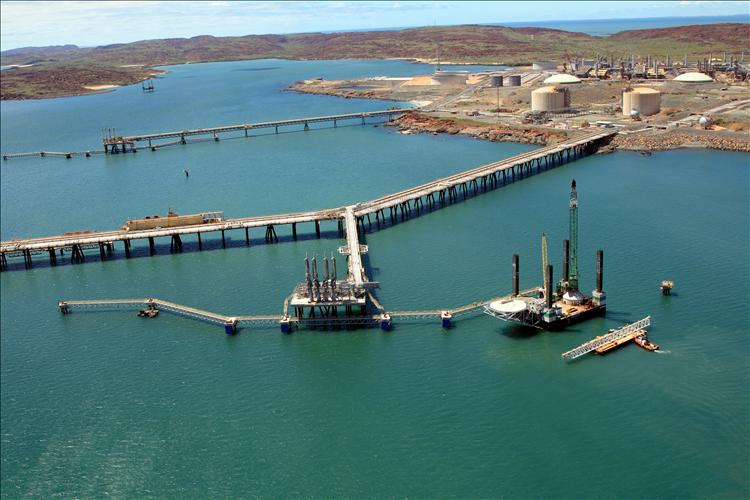- MRS to Save Nigeria $120m Annually from Jetty Expansion
Foremost downstream oil company, MRS Oil Nigeria Plc, on Thursday announced a record-breaking milestone by the company, with the berthing of a vessel with a deadweight of 75,000mt at its terminal at the Tin Can Island Port, Apapa, Lagos, adding that it was the first of its kind in any African port and could save Nigeria $120 million annually.
MRS was able to accomplish the landmark through the expansion of its jetty at its terminal in Lagos.
The upgraded terminal catapulted it into the international shipping arena for 80,000mt-120,000mt vessels’ calling ports within Africa.
A statement by the company on Thursday added that MRS also hosted the United States Ambassador to Nigeria, W. Stuart Symington, who paid a working visit on Wednesday to the MRS depot/jetty located in the heart of the Tin Can Island Port.
According to the company, the ambassador was received by the Chairman of MRS, Alhaji Sayyu Dantata, who took him and his team on a tour of the sprawling facility that is currently undergoing massive expansion and upgrade.
In his remarks after touring the multilayered facility, Symington praised the management for its huge investment and workforce of about 2,000 direct employees and half a million indirect workers.
“I am impressed with the quality of workforce and level of technology deployed in running this facility,” Symington said.
He also praised the company for its vision, African spread and national presence.
He commended MRS for its diverse workforce that has seen to the massive growth of the company in record time, and further congratulated it for its partnership with global companies, with particular emphasis on U.S. companies, expressing confidence in the mutually beneficial business relationship.
In his remarks, Dantata expressed his pleasant surprise that the U.S. ambassador took time out of his busy schedule to pay a visit to his terminal.
“We have been working quietly to rehabilitate and expand the jetty since the unfortunate barge explosion we had in 2013.
“We made a deliberate decision to rebuild our jetty to meet international standards.
“Over the years, we have diligently put in all our time and overcame numerous challenges to get to this point.
“I am grateful that the ambassador found the time to appreciate us,” Dantata said.
On the expansion of its terminal, the MRS chairman informed his guest that a vessel, MT Lila Victoria, berthed at the company’s jetty last week with a deadweight of 75,000MT, the first of its kind in any African port.
“Our achievement here is that we have put Tin Can terminal in Nigeria into the international shipping arena for 80,000mt-120,000mt vessels’ calling ports within Africa.
“We are proud to announce this milestone achievement for this country.
“With our capability to berth vessels this size, we can conveniently save the country a minimum of about $2 million per voyage and this can be as much as $120 million per annum currently wasted due to ship-to-ship operations, shallow drafts and delays.
“Imagine what we are going to save this country especially in this time of foreign exchange challenges,” he said.
Dantata expressed his appreciation that a foreigner in the person of the U.S. ambassador came to visit and appreciate the enormity and significance of the MRS jetty to the Nigerian economy, pledging to increase the scope of his investments in the country.
“I am further encouraged by the honour done to us by this visit and will continue to invest diligently in the country because Nigeria has been good to me,” he added.
Dantata also thanked the former Managing Director of the Nigerian Ports Authority (NPA), Alhaji Habibu Abdullahi, who assisted his company with approvals and his successor, Ms. Hadiza Usman, who has continued to encourage MRS in upgrading and promoting the Tin Can Island Port into the global arena.

 Naira3 weeks ago
Naira3 weeks ago
 News4 weeks ago
News4 weeks ago
 Naira4 weeks ago
Naira4 weeks ago
 Jobs3 weeks ago
Jobs3 weeks ago
 Naira3 weeks ago
Naira3 weeks ago
 Travel3 weeks ago
Travel3 weeks ago
 Naira3 weeks ago
Naira3 weeks ago
 Investment4 weeks ago
Investment4 weeks ago






























